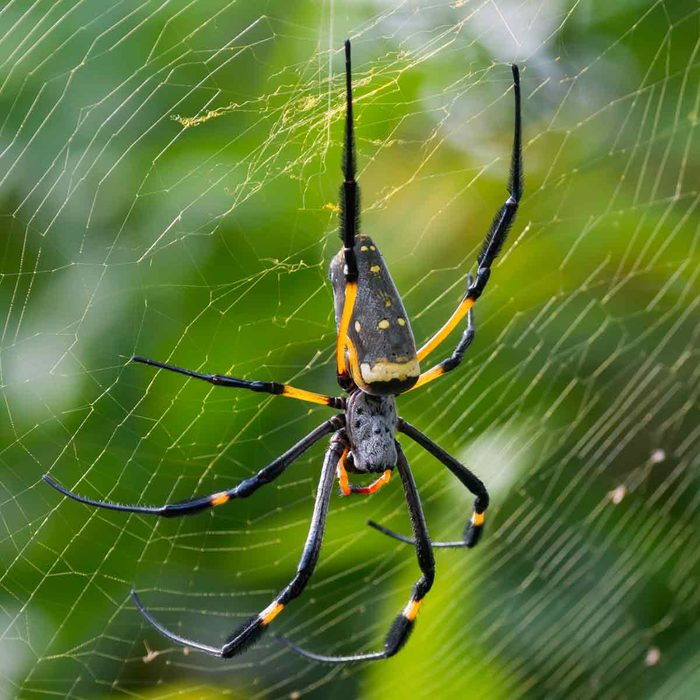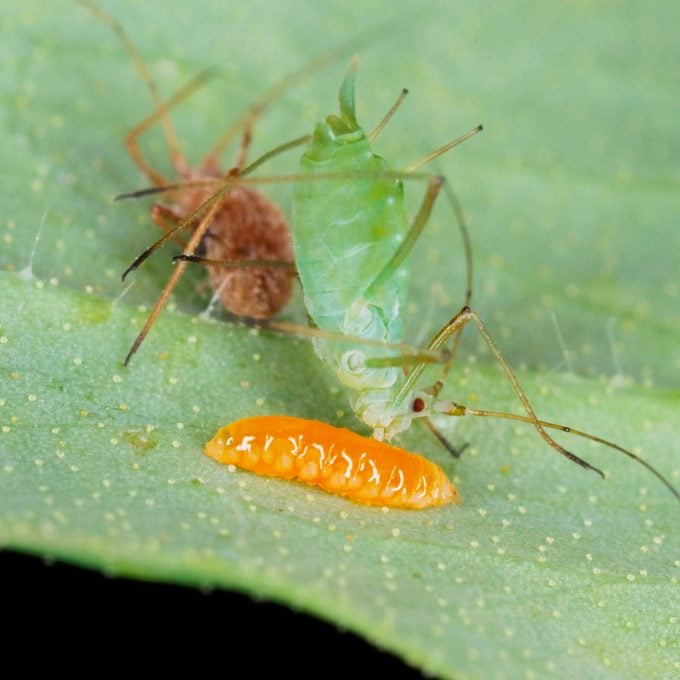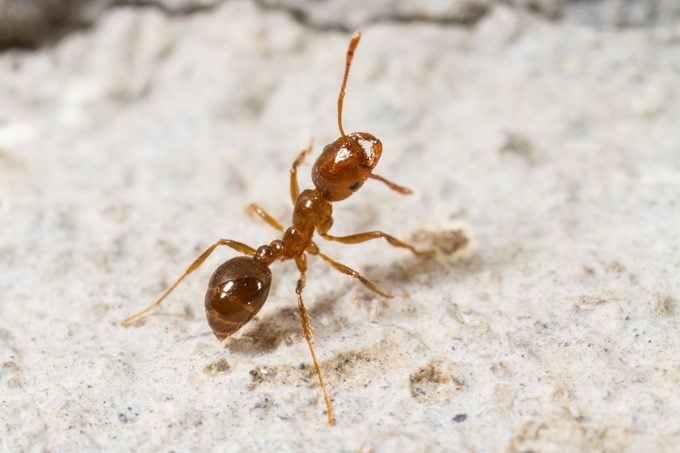Bugs That are Actually Good for Your Garden

Among the hundreds of thousands of bug species, some are really beneficial for your yard. Discover the good bugs for your garden and yard, and learn how to attract then.
Good gardeners know the benefits of good bugs. Most insects, spiders and other invertebrates lumped together into the generic “bug” category can really be beneficial in the garden. Take a look at why you want these in your yard. (Speaking of things you want, check out these must-have garden products).
On This Page
Good Bugs For Your Garden
Predatory Beetles and Bugs
Among the hundreds of thousands of species in the Coleoptera (beetles) and Hemiptera (true bugs) insect orders are many predatory creatures which dine on their plant-eating kin. Tiger, soldier, ground and ladybird beetles, along with assassin and pirate bugs, are just a few you should welcome to your garden.
Bees, Wasps and Ants
All bee species are important pollinators, which are largely responsible for the seeds, nuts, berries, fruits and other plant foods that form the bottom of the food chain for people and wildlife. So don’t be so quick to shoo them away. Welcome wasps and ants as well. Avid predators, they’re constantly patrolling, picking your garden clean of pests. These are 10 bee-friendly plants you can add to your backyard.
Caterpillars
Butterflies and moths are attractive; they’re also important pollinators. Even better, caterpillars attract birds. More than 95 percent of backyard birds rely on caterpillars as a primary food for their young. Attracting these insects to your garden essentially means attracting more birds. You might be able to find any one of these eight caterpillars in your backyard.
Spiders
These arachnids are some of the most helpful garden invertebrates, but they’re also among the most maligned. All spiders are predatory and feed on insects, whether they hunt using skillfully woven webs (argiope and orb-weaver spiders), by ambush (tarantulas and trap-door spiders) or by stalking (wolf and jumping spiders). Here’s another reason why you might not want to kill a spider.
Dragonflies and Damselflies
These aerial acrobats are a double threat. In their adult phase, they feed on all manner of flying insects, from mosquitoes to biting flies and gnats. But their aquatic larvae are no slouches either, devouring the larvae of the same pests. Learn more about the enchanting nature of dragonflies.
How to Attract Good Bugs to Your Garden
Now that you know some of the good bugs for your garden, what can you do to attract them? First of all, plant native species, which can support 60 percent more native insects than some of the more exotic ornamentals. Second, don’t be too tidy. A natural garden design will provide hiding and hibernation spots, as well as food and places to nest.
Finally, stop using pesticides. This can be tough if you rely on them regularly, but they kill beneficial insects along with the ones you don’t want. And in the long run they disrupt the natural order, increasing the likelihood of overall pest problems.
Three Bugs You Don’t Want in Your Garden
Mosquitoes
Not only do mosquitoes leave itchy welts when they bite, they spread diseases. Eliminate stagnant water in your yard where mosquitoes breed (clogged gutters are a common culprit) and wear insect repellent. Try these tricks to repel mosquitos.
Fire Ants
These exotic ants were introduced to Alabama almost a century ago and have been proliferating ever since. They have an extremely painful sting and are displacing many native ant species. Avoid their large mounds, or call a professional exterminator to eliminate them in your yard. These are 14 bugs you didn’t know could bite you.
Ticks
These parasitic arachnids spread diseases and are especially problematic in areas with large deer populations. Avoid areas of tall grass where ticks lie in wait. Mow pathways in your garden, wear long pants tucked into socks, and check yourself and pets after outdoor time. Try these tips to protect yourself against ticks.




